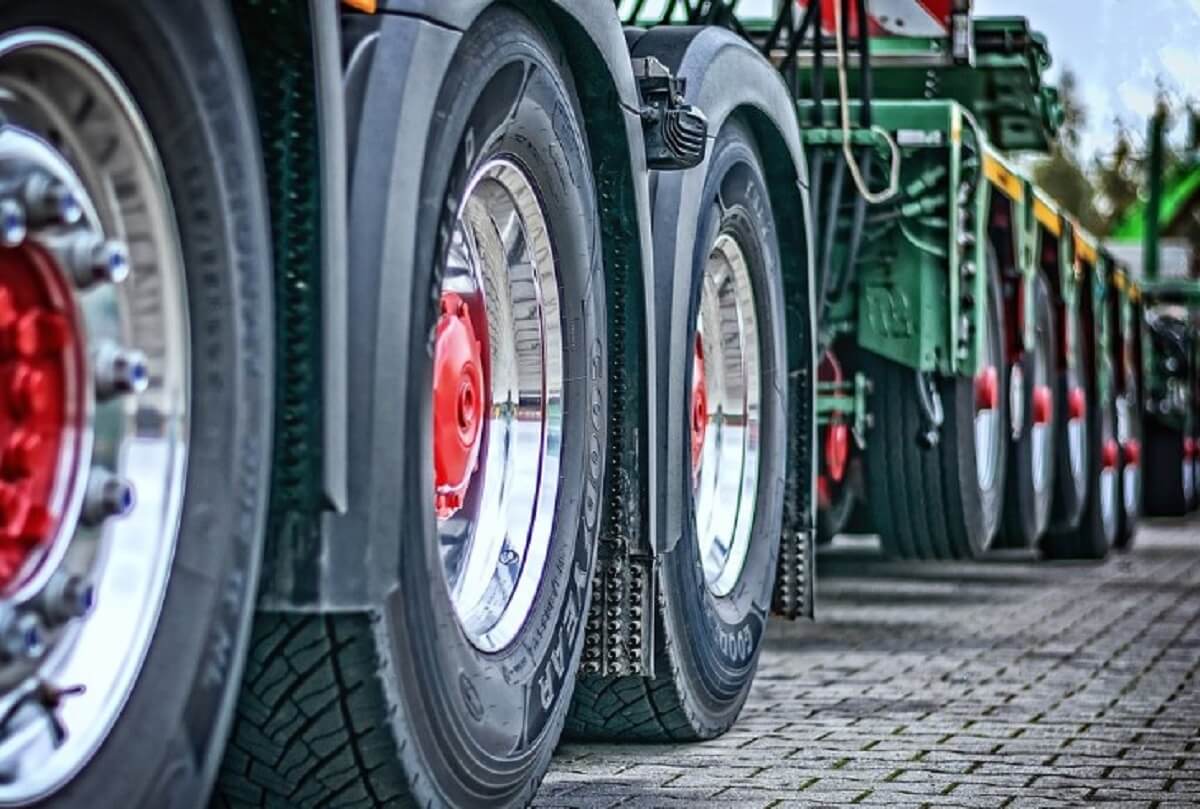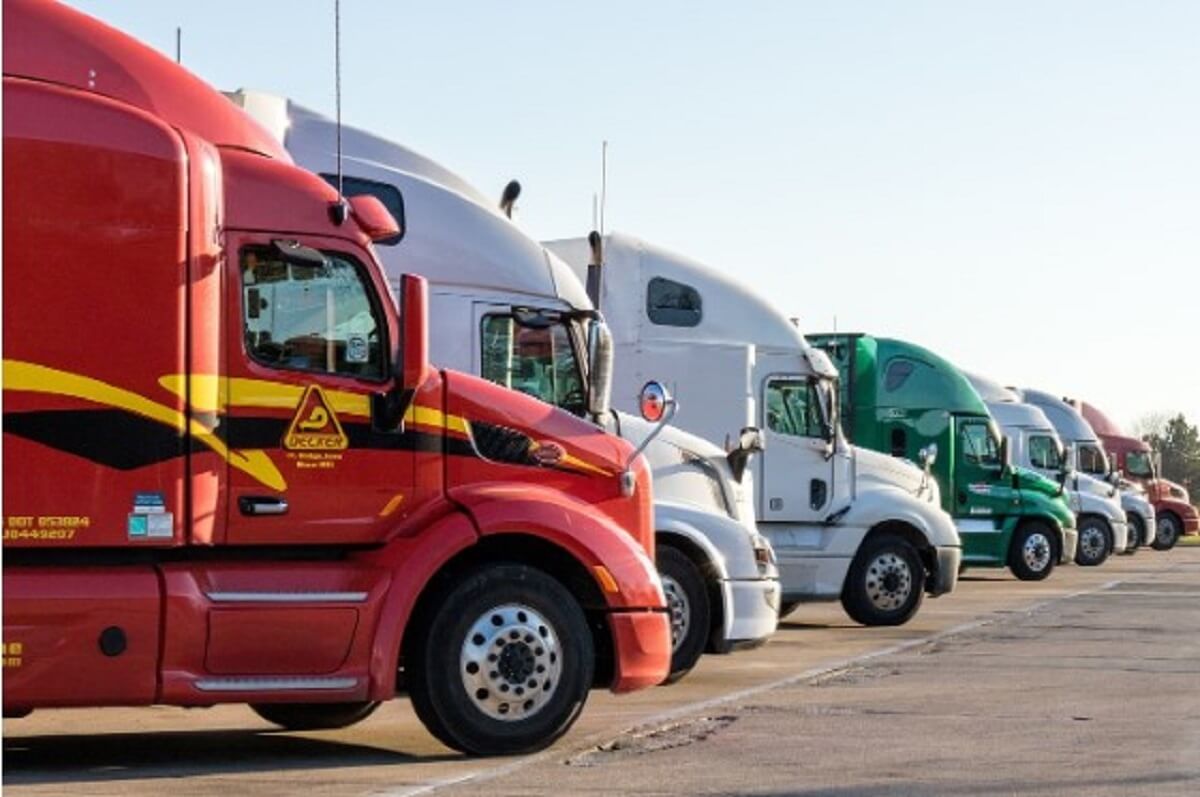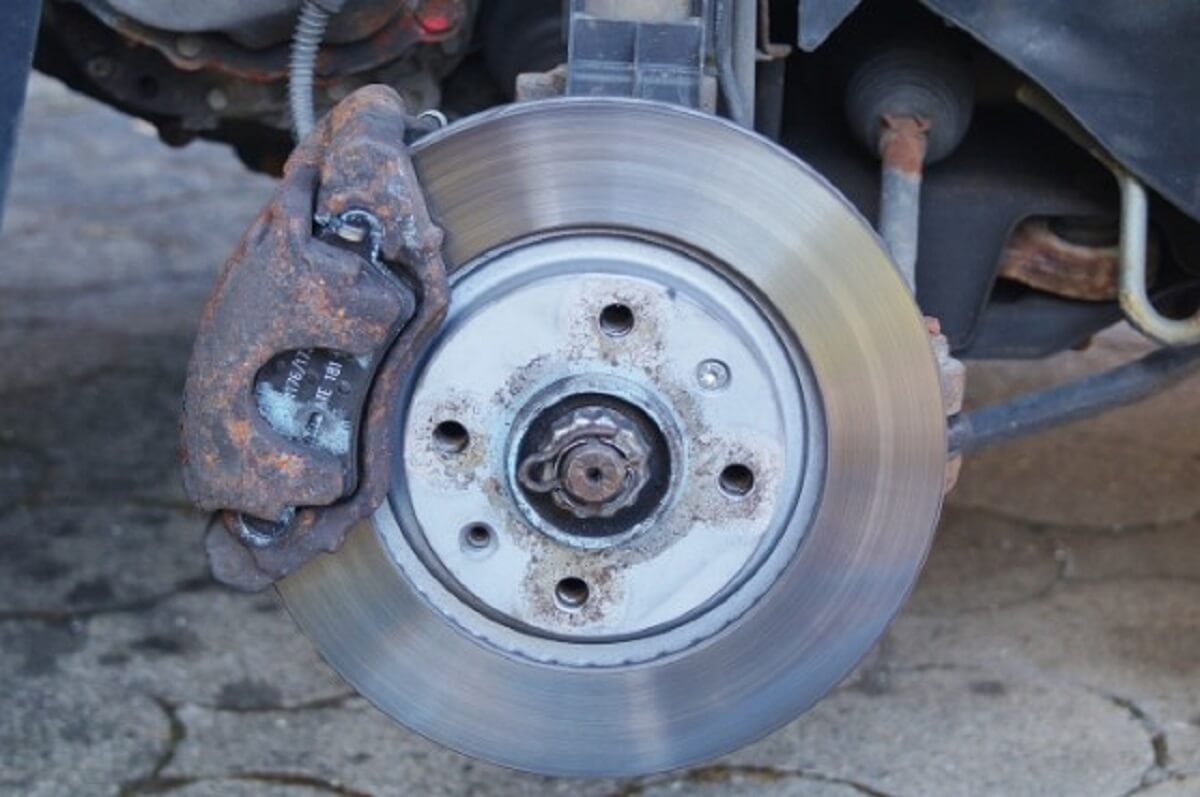Are you a key player in the trucking industry, and have you noticed the massive changes in the compliant regulations? Compliance is mandatory to evade the penalties associated with violating these regulations. You should know and adopt trucking regulations, whether you are a truck business owner or a sole driver. They will guide your safety equipment and truck purchases, inclining your decisions toward more sustainability and consumer satisfaction.
Avoiding unroadworthy vehicles can save you from emission compliance penalties and the environmental population. Additionally, you increase driver training to encourage safe driving and minimize drunk-driving issues. The changing regulations in the trucking industry will impact truck drivers in five unique ways.
1. Fewer Drunken Driving Issues and Enhanced Road Safety
Drunk driving and inefficient safety technologies are leading causes of road accidents. The NHTSA has enacted stricter regulations to minimize these incidents. If you monitor the latest trucker news, you will realize that fleet managers and trucking company owners have started adopting cutting-edge safety technologies.
Safety technologies give drivers more control over their cruises, preventing collision-related accidents. Because these innovations include intricate components, drivers must undergo training to familiarize themselves with the equipment for more efficient use.

The increasing incidents of drunk driving have pushed the drug and alcohol clearinghouse to tauten the rules. In 2025, drivers should expect more advanced technologies and methods for testing their drunkenness. Also, drivers will be in for severe punishments and fines, with some requiring redoing the certification exams to regain their CDL.
2. Increased Need for Data Sharing and Driving Hours Monitoring
Fleet managers and trucking company owners have become alert to the losses they incur because drivers exhibit incompetent characteristics. Many have realized the power of monitoring driver habits, routing, and dispatching activities. The apprehensions about driver safety and trucking business losses have pressed responsible bodies to enact austere electronic logging devices (ELDs) rules.
For instance, the electronic logging device rule cultivates a safer work environment for motorists. Chauffeurs can track their duty status records and share them with their employers. ELD syncs with modern engine systems to obtain accurate data about driving hours. Motorists will know how many hours they invested on the road with accurate records. The regulations prevent employers from overworking drivers while reducing fatigue-caused accidents.
Unfortunately, some motorists find this directive controlling because they must stick to provided routes. Similarly, the ELD rule giving fleet managers the right to share data with dispatchers raises safety and privacy concerns.
3. Growing Need to Drive Eco-Friendly and Safe Vehicles

Eco-friendliness campaigns and environmental policies have kindled the trucking industry towards zero-emissions and electric trucking. Drivers should expect sterner regulations on vehicle safety, with hefty fines on people who don’t comply with emission standards. As a driver or trucking firm owner, prepare yourself to invest heavily in truck maintenance. Those older vehicles that emit extreme amounts of carbon will have no place on modern roads, requiring investing in newer and more eco-efficient alternatives.
The increasing range of incentives encouraging the adoption of cleaner technologies will push the move to adopt electric trucks. Although the costs of electric vehicles are higher, expect drivers and fleet operators driven by the passion for a healthier environment for future generations to adopt low-emission trucks in 2025.
4. More Expenses and Higher Pay
Motorists and trucking companies must comply with all trucking regulations but at an expense. You will notice an increase in the costs of operating a trucking business. That is considering the higher training costs, technological upgrades, and routine maintenance. Small fleet operators and independent drivers will cough up considerable amounts to meet these demands. These can have a long-term influence on their financial growth.
Fortunately, adopting these upgrades and compliance requirements will improve driver working conditions. Because of the profits associated with faultless working conditions, most fleet companies might want to recruit more workers at higher pay. Also, trucking companies will compete to win the few highly skilled drivers in the controlled market, leading to higher wages.
5. Higher Automatic Emergency Braking Adoption

The trucking industry regulatory pioneers have focused their interest on the usefulness of automatic emergency braking systems. The Federal Motor Carrier Safety Administration (FMCSA) partnered with NHTSA to standardize testing and performance strategies for AEB systems. The final rule will officially suffice in 2025, marking a milestone in achieving operational competence and driver safety.
These advanced braking systems will define and create a safety benchmark for minimizing accidents and saving lives. Drivers can leverage these technologies to reduce rear-end collisions during adverse weather conditions and high-traffic areas.
Drivers will require more training to interact properly with AEB systems in situations requiring manual intervention. These safety technologies become part of the vehicle maintenance work, forcing fleet operators and drivers to proactively work toward keeping them compliant and operational. Automobiles without AEB systems will require retrofitting, increasing the costs for drivers and fleet owners. Fortunately, because AEB systems minimize accident-related claims, insurance providers might reduce your premiums.
Wrapping Up
As 2024 ends, the trucking industry has witnessed massive upgrades in regulatory rules. Drivers should expect the rules to become tighter in 2025, impacting their finances, road performance, and fleet management. You should learn and master these directives and take appropriate steps to ensure your business’s smooth productivity and profitability. Understand the inclination towards electric and low-emission trucks and how it will impact drivers. Another area is automatic braking systems and technologies for monitoring and recording driving hours and how they will benefit drivers.


